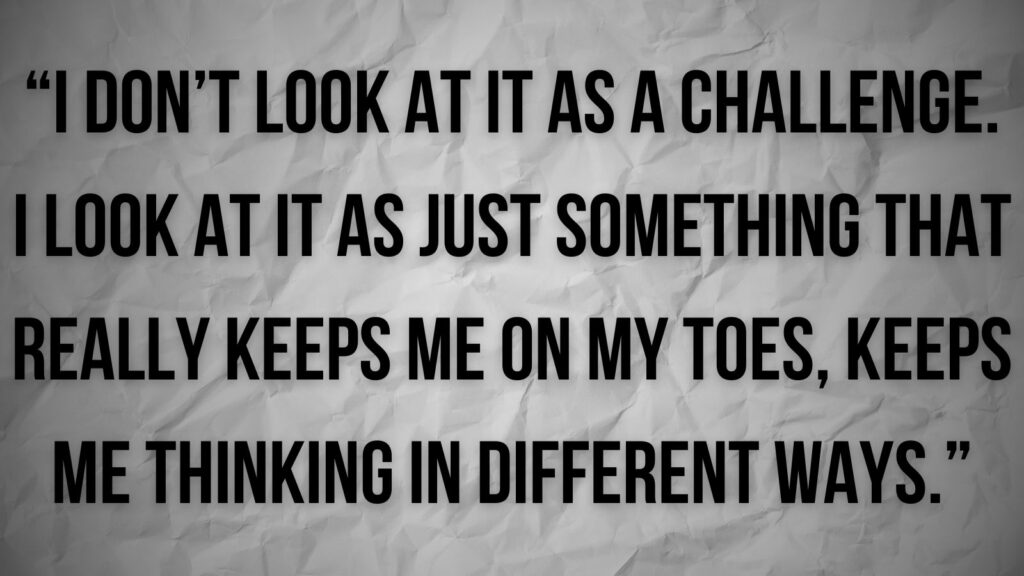Leland Sklar, one of the most prolific session bassists in the industry, reflected on how important it is for a hired gun musician to be flexible and know how to adjust to any artist’s demands.
If we were to list and discuss all of Sklar’s studio contributions over the years, we’d end up with a series of books and not a simple news article. It is estimated that the man has participated in well over 2,000 albums between the 1960s and today. He’s also played live with some of the biggest names in the industry, including Toto, Phil Collins, James Taylor, and many others.
Nonetheless, the studio work is what Leland is best known for. One of the tracks where you most definitely heard his bass is “Stratus” from Billy Cobham’s debut album “Spectrum.” Speaking to VRP Rocks, Sklar was reminded of this album and then also went on to discuss his other famous works and how mindblowing it feels, even to this day, that he collaborated with some of these musical greats.
“That’s one of the things where I’ve been really the luckiest,” Leland said (transcript via Ultimate Guitar). “I got to work with Billy Cobham, and one of the greatest drummers I’ve ever worked with is Phil Collins, [with whom] I’d spent years. Then you have the Vinnie Colaiutas and the Gregg Bissonettes. I’ve spent 54 years with Russ Kunkel…”
Being a bassist, it’s not a surprise that collaborations with drummers are his highlights. Sklar continued:
“When I look back at my career, probably one of the things I cherish the most is my relationship with some of the greatest drummers in the world. I’ve gotten to work with Dave Weckl, Simon Phillips, and all these.”
Even after all these decades, Sklar admits that a lot of these collaborations feel like those “pinch me” moments:
“Every time I walk into a studio, I sort of pinch myself and go, ‘Man!'”
But big names aside, Sklar adds that he loves doing stuff with new musicians he has never heard of before. What gets him going are the obvious differences in playing styles that he encounters all the time. He added:
“And then, the really exciting thing is if I end up working with a drummer I’ve never heard of, a new guy on the scene. You sit down, start playing, and you go, ‘Oh, this is so good!'”
“And each one brings new nuances to your playing; one guy maybe leans on top of the beat, where another guy sits behind the beat; another guy’s right in the pocket, or somebody who [has] their snare in the front, but their kick in back.”
“So, you’re constantly adjusting to this,” Sklar explained. Obviously, this isn’t the easiest thing to do. However, being such a passionate musician, the bass legend adores this aspect of his work. He added:
“I don’t look at it as a challenge — I look at it as just something that really keeps me on my toes, keeps me thinking in different ways.”

And that’s where we get to the main point of his discussion — in order to be a successful session musician, you have to adapt to new musicians constantly, be it the main artist you’re recording for or these completely new band members who you’re working with. As Sklar explained:
“To do the job I’ve done in this business, you really have to be a chameleon. You have to readjust what you do every day.”
Obviously, there’s no resting for session guys in the music business. But, again, this is what Sklar actually enjoys doing:
“You can’t come in and say, ‘Well, this is what I do.’ You’re adjusting to different artists, different players, and I think that’s the thing that’s kept it fresh for me — you can’t get complacent when you’re at this end of the business because you’re challenged every day with something new.”
In an interview from last year, Sklar also discussed a few things that people might not get about this line of work.
“That’s why the sad part of doing music is calling it ‘playing,’” he said. “Because people have that interpretation, ‘It’s just a bunch of guys having fun!’ They don’t realize how much history has gone in to make it look easy and fun.”
“And that’s a hard part in this business now, too where you’ll come in and do a session and you can knock something off. I mean, you’re really pushing it hard to make it last an hour. But you’re charging them a session for three hours. And they go, ‘Well, it only took you an hour.’ Only took me 50 years to make it happen in an hour.”
Photo: Magnushk (Leland Sklar August 2007)


